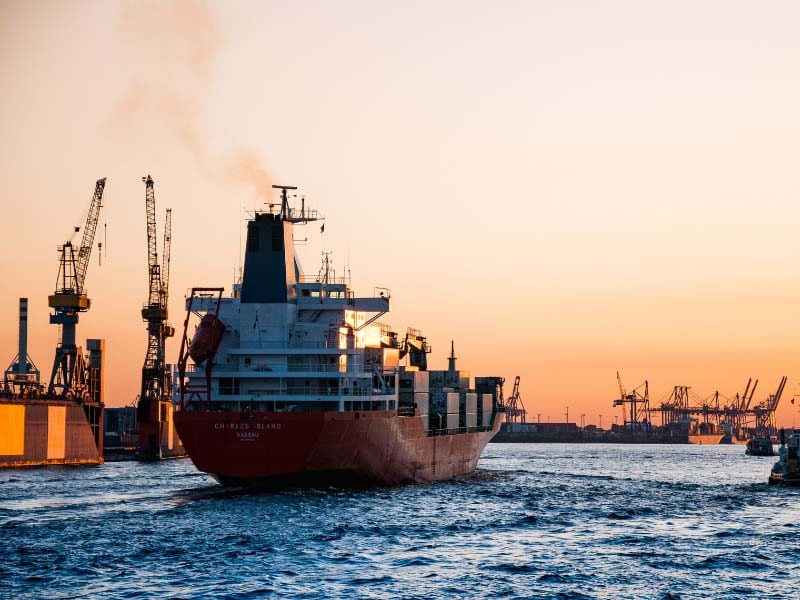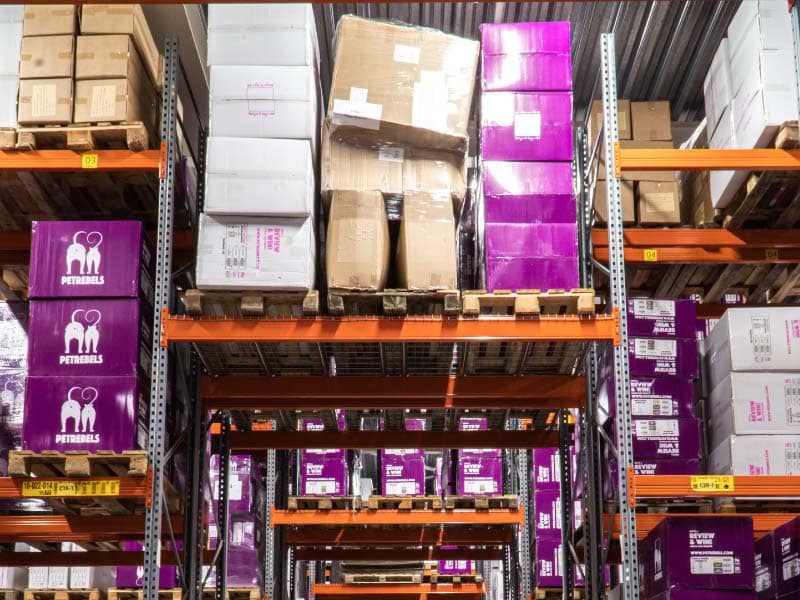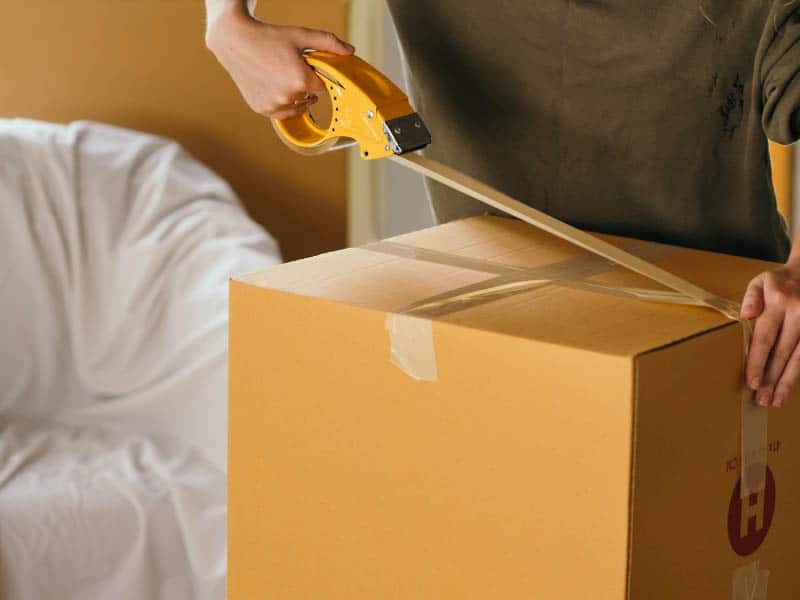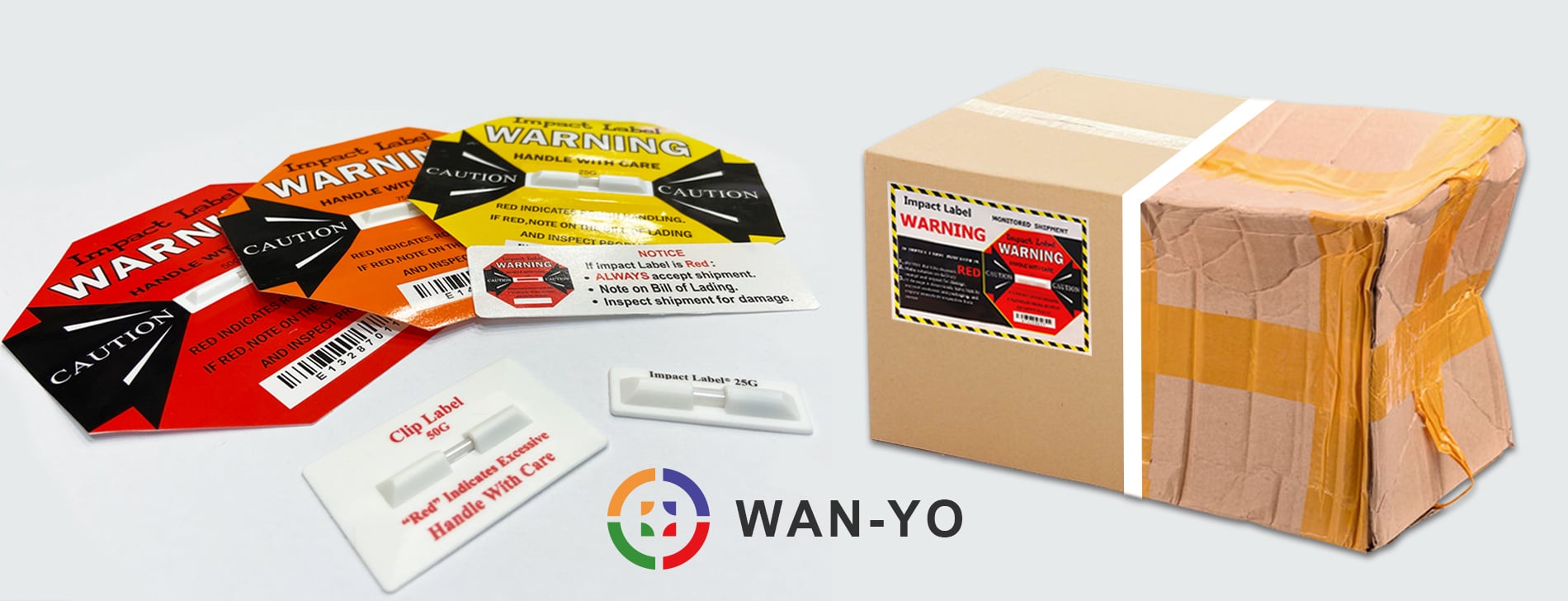Everyone may have the chance to be affected by freight damage, no matter if you are a receiver or shipper. If you are running an e-commerce company, it’s likely that you ship hundreds or thousands of goods every year, and freight damage can not only increase your cost, but recurring damages can cause friction among suppliers and customers. Thus, it’s vital to deal with the issue, or it could cause harm to the reputation of the company.

3 common reasons why damaged freight happens
1. Long distance transportation
When shipping goods across the country or overseas, freight damage could occur along the journey. For longer routes, a shipment will likely be transferred multiple times, and the possibility of a package incurring damage will increase.

2. Improper lashing and stuffing
There are a few reasons that result in freight damage, such as uneven weight distribution, improper loading of the pallets, and poor lashing. Therefore, stuffing containers and lashing cargoes properly are the most important things for shippers and people working at warehouses.

3. Improper moving goods
The most common cause of damaged goods is vibration damage. Once the goods are loaded, they are encountering heavy vibrations until they are dropped at the buyer’s facility. No matter how you ship the goods, via trucks, trains, airplanes, or vessels, they still have to bear vibration.

How to handle damaged freight?
Step1: As a buyer, the first thing you should always do when receiving a freight is inspect your package thoroughly before you sign for it.

Step2: if you still receive damaged freight after inspecting, you should immediately take pictures of the goods, including the package and everything in the container. The pictures will support your damage claim, so they must be clear enough.

Step3: According to Flock Freight, you will need to make a note of any shortages or damages in detail on the Bill of Lading or proof of delivery provided by the carrier.

Step4: After the pictures and documents are ready, you should reach out to the carrier or the logistics company and file a damage claim as soon as possible.

Step5: Before they come back to you for the goods, it’s better to store the freight in a safe place and prevent further damage to it.
What can shippers do to prevent damaged freight?
1. Impact indicator
Lots of factors cause damaged freight; as a shipper or company owner, you will need impact indicators to protect your goods, or to provide evidence when freight damage really happens. Since buyers might not remember to take pictures of the damaged freight, it will cost you a lot of time and money without this kind of indisputable evidence.
(1) What is Impact indicator
Impact indicator is a device that indicates whether a physical shock or impact has occurred. If a potentially damaging drop has occurred, the indicator turns red that you don’t need to unpack the shipping container to inspect.
(2) How can impact indicators prevent damaged freight?
As we know, Impact indicators can be useful evidence when freight damage occurs. The existence can also be a useful warning for carriers that the goods are fragile or valuable that they need to handle with care.
(3) How to measure impact force?
Impact indicators are available in a variety of different sensitivity levels for shippers to choose, and it ranges from 10 G to 100 G; the way you choose is based on the level of impact your items can bear.
2. Choose right packaging
As mentioned above, uneven weight distribution, improper loading of the pallets, and poor lashing could all lead to freight damage. Thus, choosing the right packaging is vital to prevent freight damage happening again and again. For example, you could pack your fragile products with stuffing air cushion packing and durable packaging.

3. Avoid LTL
Transferring shipment multiple times results in multiple handling that could increase the possibility of shipping damage. Hence, it’s better for shippers to move as FTL (Full Truck Load) insead of LTL(Less than Truckload).

這篇內容同時也提供 [繁體中文] 版。












